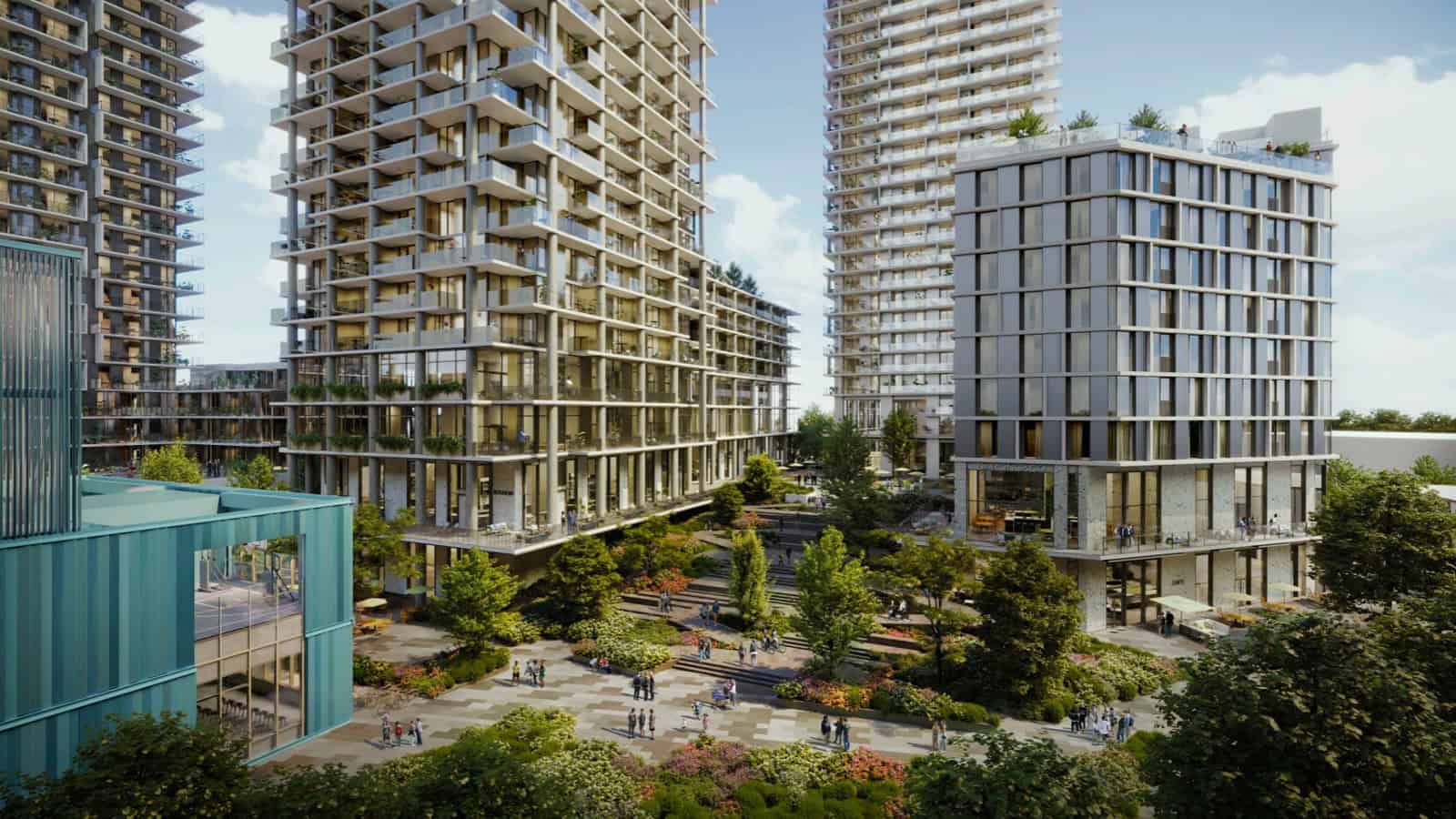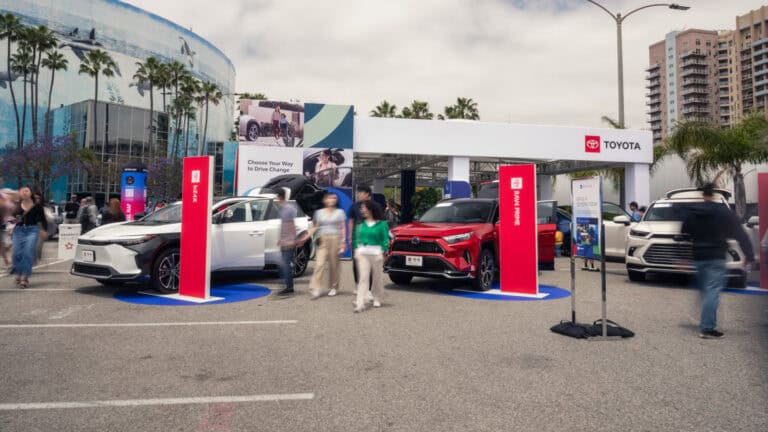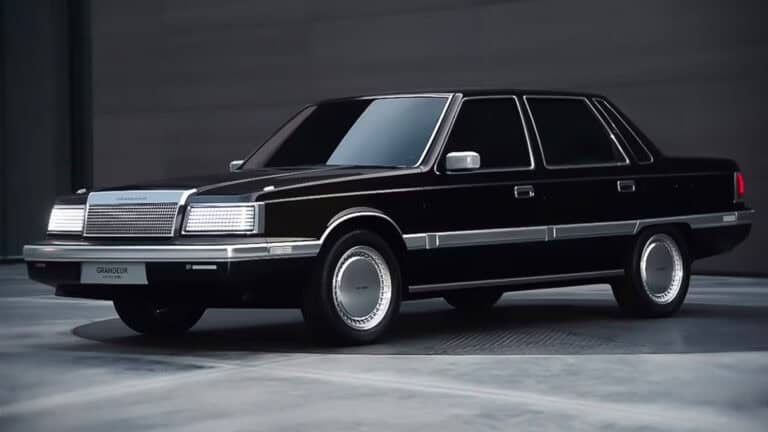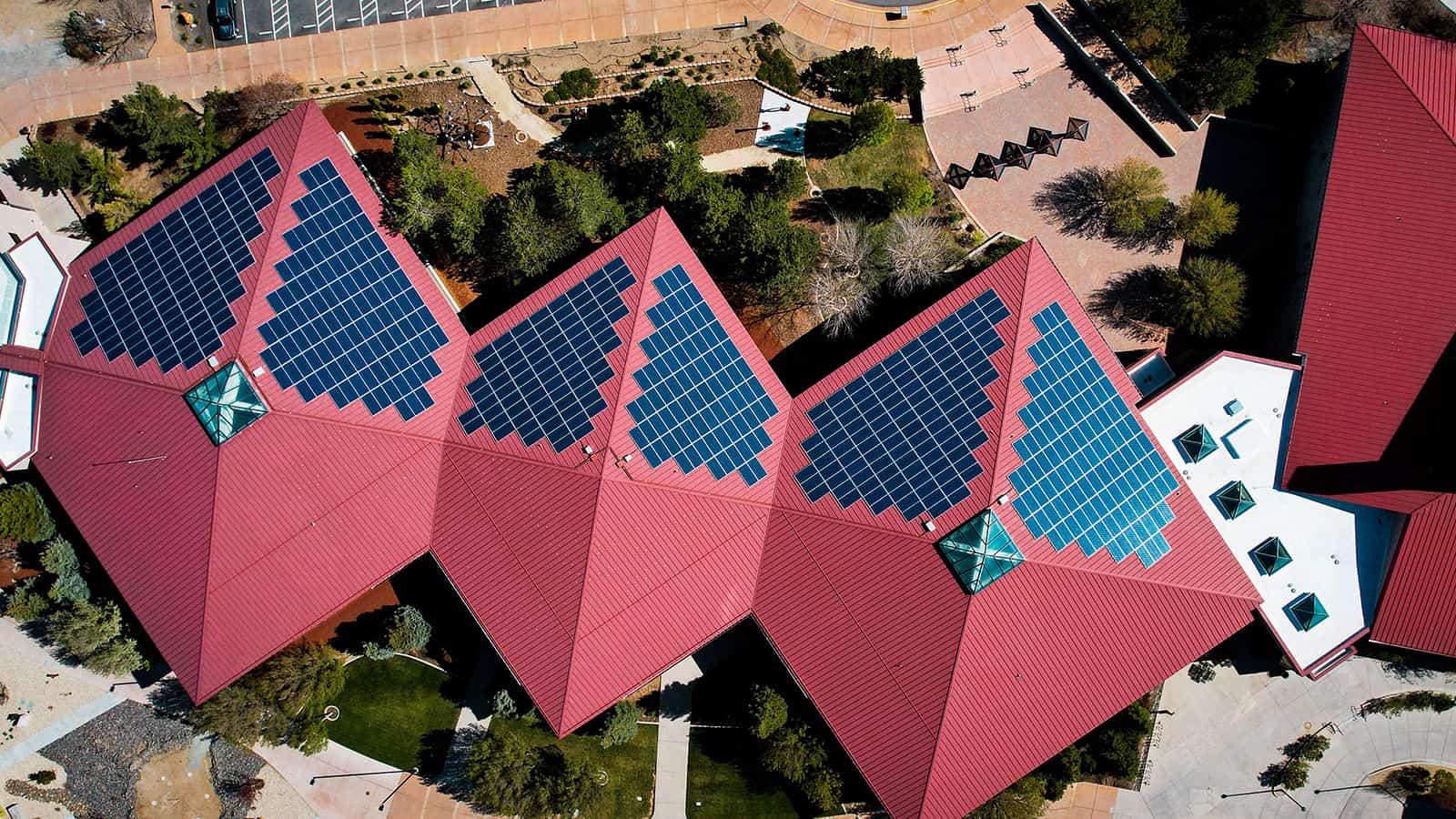- Grosvenor’s “Pathway to Net Zero” initiative aims to achieve a significant reduction in carbon emissions across its real estate portfolio by 2030.
- The company is integrating electric vehicle (EV) charging stations into its developments as part of its sustainability efforts.
- Grosvenor’s commitment to renewable energy solutions like solar and wind power highlights its proactive approach to combating climate change in the real estate sector.
Grosvenor, a distinguished international property owner and developer, is taking a proactive stance in the battle against climate change through its “Pathway to Net Zero” initiative. This mission represents a major step forward in Grosvenor’s dedication to cutting carbon emissions throughout its vast portfolio. Additionally, it’s incorporating electric vehicle (EV) infrastructure into its developments, setting a precedent for sustainable urban planning.
ADVERTISEMENT
Steve O’Connell, CEO of Grosvenor’s North American urban property business, expressed the company’s resolute stance, stating, “Through lowering the carbon intensity of our properties, reducing the environmental impacts from our development activities, creating programs to help our tenants and suppliers reduce emissions, and establishing a carbon-focused corporate culture, we’re confident in our ability to support a climate resilient future while improving our portfolio value.”
As part of its comprehensive strategy, Grosvenor is not only focusing on renewable energy solutions, including solar, wind and other energy saving technologies, but also prioritizing the integration of EV charging stations into its properties. By making EV charging infrastructure more accessible, Grosvenor hopes to promote eco-friendly transportation choices and contribute to the ongoing decrease in carbon emissions linked to conventional vehicles.
Tor Burrows, Grosvenor’s Group Sustainability Director, highlighted the company’s multifaceted approach, saying, “Our North American property business is focused on improving the overall performance of its assets, aligning and prioritizing reduction targets to focus on areas such as the supply chain, tenant spaces, and embodied carbon. The launch of this latest Pathway shows that many tools for success are already in place, such as internal green building standards and sustainable supply chain guidelines, which further underscores our determination to meet our shared global carbon reduction goals.”
ADVERTISEMENT
Grosvenor’s commitment to EV infrastructure is exemplified in projects like Ace in Berkeley, CA. This development features 163 residences powered by electric energy and includes EV charging stations as part of its amenities. Additionally, Grosvenor is actively exploring opportunities to expand charging infrastructure across its properties, contributing to the growing EV ecosystem.
Tanja Milosevic, Grosvenor’s Associate Vice President of Sustainability in North America, highlighted the company’s holistic approach, stating, “Good governance, alongside social and environmental responsibility, is at our core and we will continue to focus on making positive contributions to the communities where we operate. Our Net Zero Carbon Pathway supports improvements to how we work with our tenants and suppliers, including seeking out opportunities to collaborate on emissions reduction tactics – an example of how we are shifting our business operations to better support a climate solution for a greener future.”
In addition to promoting EV adoption among residents, Grosvenor is collaborating with tenants and suppliers to advance sustainable transportation initiatives. By integrating EV charging stations into its developments, Grosvenor is not only reducing carbon emissions but also enhancing the accessibility and appeal of sustainable living options for its residents.
ADVERTISEMENT

IMAGES: GROSVENOR
FTC: We use income-earning auto affiliate links. Learn more.











